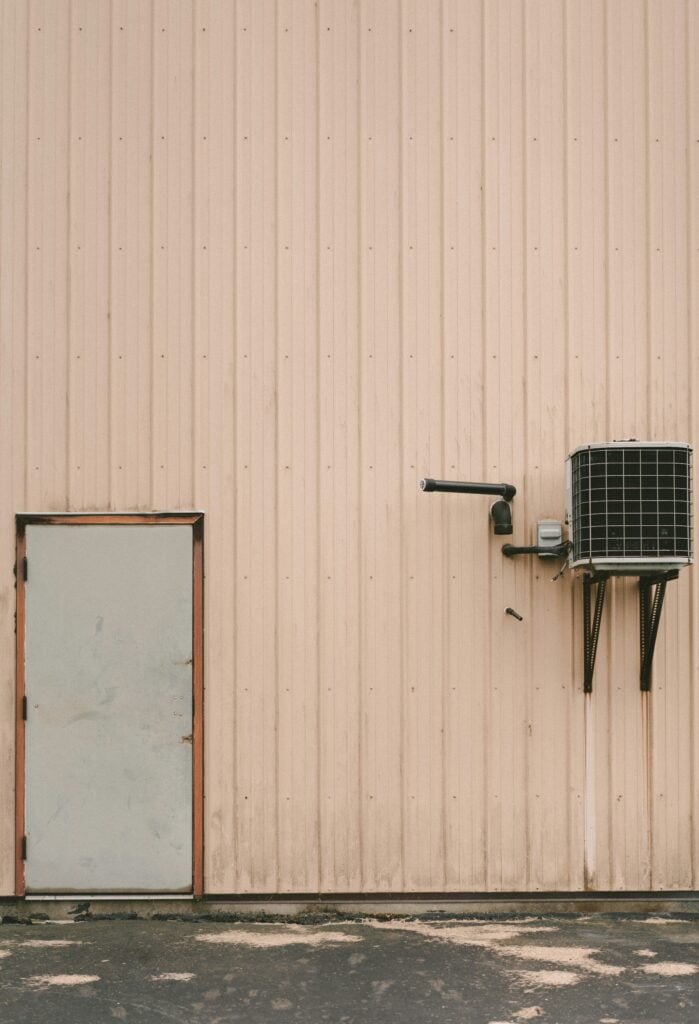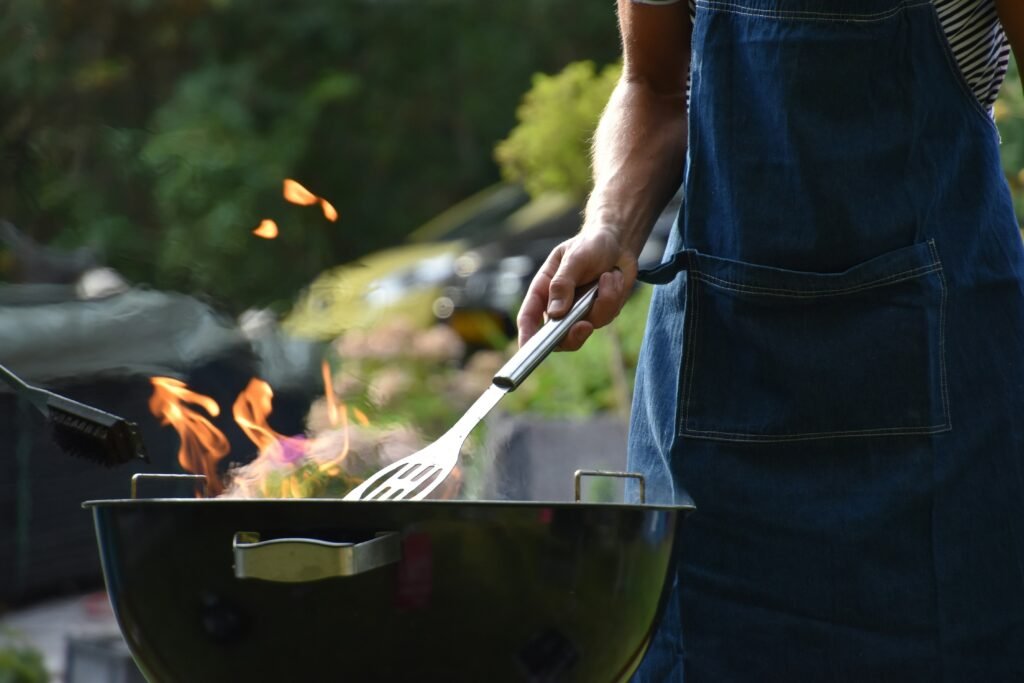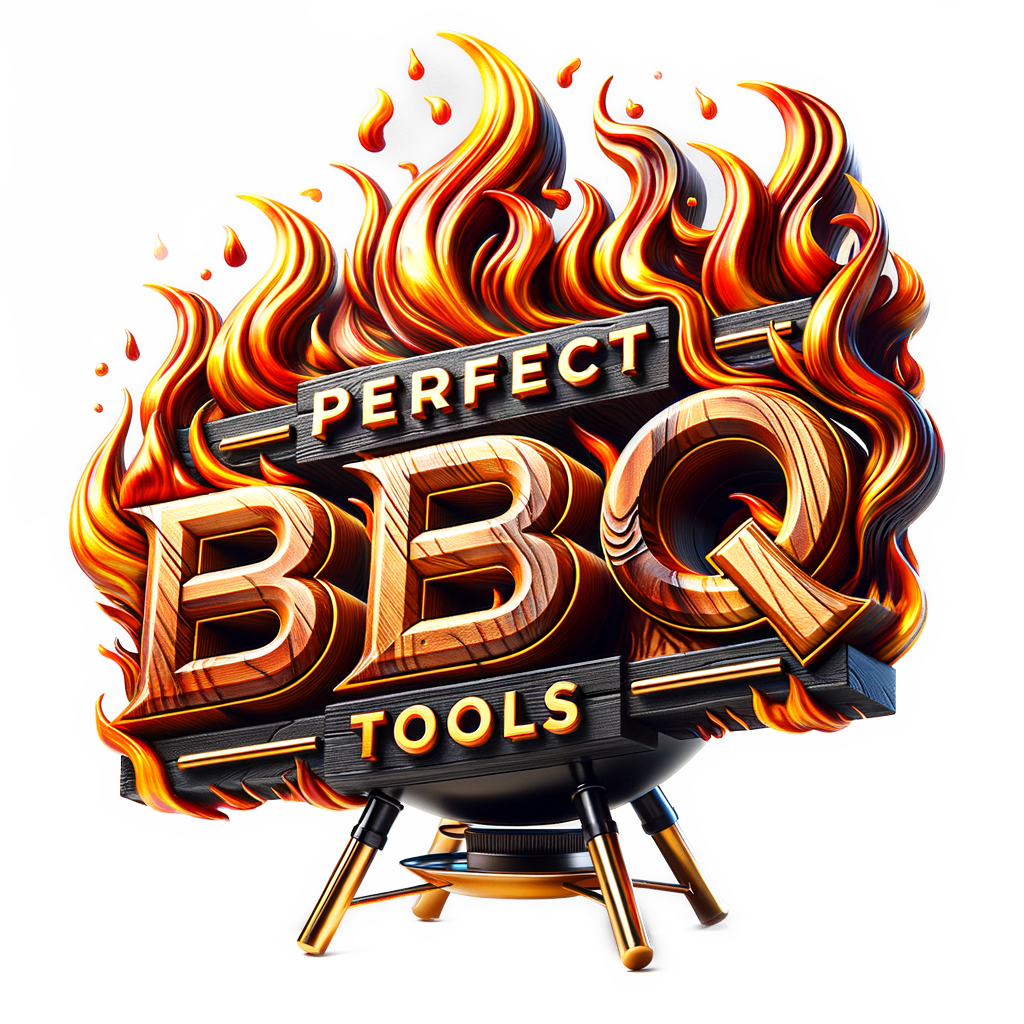If you’ve ever found yourself asking this question while getting ready for a barbecue, you’re not alone. The answer to whether or not you should oil your grill grates before cooking can sometimes be a bit elusive. But fear not, because we’re here to clear things up for you. In this article, we’ll explore the reasons why oiling your grill grates can be beneficial, as well as tips on how to do it properly. So, grab your apron and let’s get grilling!
Understanding Grill Grates
Grill grates play a crucial role in the cooking process, as they provide the direct contact between the food and the heat source. The design of the grill grates allows for the heat to be evenly distributed and provides those classic grill marks we all love. By understanding the importance of grill grates, you can elevate your grilling game to new heights.
When it comes to grill grates, there are a few different types to choose from. The most common materials include cast iron, stainless steel, and porcelain-coated grates. Each type has its own set of advantages and considerations when it comes to cooking. Cast iron grates are known for their excellent heat retention and ability to create a beautiful sear on meats. Stainless steel grates are durable and easy to clean, while porcelain-coated grates offer a non-stick surface and prevent food from sticking.
The material of the grill grates can significantly affect the cooking process. Cast iron grates, for example, heat up slowly but retain heat exceptionally well. This makes them ideal for achieving that perfect sear on your steaks or burgers. Stainless steel grates, on the other hand, heat up quickly, making them great for high-heat cooking. Porcelain-coated grates provide a non-stick surface, making it easier to cook delicate foods like fish or vegetables without them falling apart.
To Oil or Not to Oil?
There seems to be some confusion when it comes to oiling grill grates. Many people believe that oiling the grates is necessary to prevent food from sticking. However, professional chefs have differing opinions on this matter. Some argue that a well-maintained grill grate does not require oil, while others swear by oiling the grates before cooking. So, what’s the truth?
Oiling the grill grates can indeed help create a non-stick surface and make it easier to flip or remove food. The oil acts as a barrier between the food and the metal, reducing the chances of sticking. Additionally, oiling can enhance the flavor of certain foods, add a smoky aroma, and help achieve those beautiful grill marks. However, it’s important to note that oiling the grates is not always necessary, especially if you are using non-stick grates or cooking foods with higher fat content.

The Science Behind Oiling Grill Grates
To understand why oiling the grill grates can create a non-stick surface, let’s delve into the science behind it. When oil is applied to a hot grill grate, it undergoes a process called polymerization. This process causes the oil to break down and bond with the metal surface, creating a thin layer of seasoning. This seasoning acts as a natural non-stick coating, allowing the food to release easily from the grates. Moreover, the oil helps to conduct heat more evenly, leading to better cooking results.
When oil is heated on grill grates, it undergoes chemical changes that enhance the flavor of the food. The heat causes the oil to break down into smaller molecules, creating compounds that contribute to the Maillard reaction. This reaction is responsible for browning and developing complex flavors in foods. Oiling the grill grates can, therefore, enhance the taste and visual appeal of your grilled dishes.
Types of Oils Suitable for Grill Grates
Not all oils are suitable for oiling grill grates. Some oils can have a low smoke point, meaning they burn easily and release acrid smoke. It is important to choose oils that have a high smoke point to prevent any unwanted flavors or health risks. Oils such as canola, grapeseed, and peanut oil are excellent options due to their high smoke points. They can withstand the high temperatures of grilling without breaking down and imparting unpleasant tastes to your food.
Comparing different oils for grill grates, it’s essential to consider their flavor profiles as well. While neutral oils like canola and grapeseed have little impact on the taste of the food, oils like sesame or olive oil can add their distinct flavors to the dishes. Experimenting with different oils can offer a new dimension to your grilled delicacies. However, it’s important to note that some oils, like extra virgin olive oil, have lower smoke points and are better suited for lower heat cooking.
Cooking spray can be used on grill grates, but caution must be exercised. Many cooking sprays contain propellants and additives that can create harmful smoke when exposed to high heat. It is recommended to choose a cooking spray that is specifically designed for high-temperature cooking to ensure it is safe to use on grill grates.

The Process of Oiling Grill Grates
Before oiling grill grates, it is essential to ensure they are clean and free from any residue. Start by preheating the grill to a medium-high heat, which helps burn off any leftover food particles. Once the grates are hot, use a brush or a bunched-up paper towel dipped in oil to coat the grates. It is advisable to use a pair of long-handled tongs to protect your hands from the heat. Ensure that the oil is applied evenly and covers the entire surface of the grates.
Safety measures should be taken when oiling grill grates. Always oil the grates away from the open flame to prevent any flare-ups or accidents. Additionally, be cautious of the hot surfaces and use appropriate protective gear such as heat-resistant gloves. It is crucial to follow the manufacturer’s instructions for your specific grill model to avoid any potential hazards.
Effect of No Oiling on Grill Grates
Choosing not to oil the grill grates can lead to certain issues while cooking. Without the oil barrier, there is a greater chance of food sticking to the grates. This can result in frustration and can make it challenging to get that perfect sear or grill marks. Additionally, the lack of oil can cause the food to dry out more quickly, leading to less juicy and flavorful results.
Although it is possible to cook on non-oiled grill grates, it requires additional care and attention. Foods with higher fat content or natural oils, such as marinated meats or vegetables, are less likely to stick to the grates compared to leaner foods. However, even with these types of foods, there is still a risk of some sticking. It is recommended to oil the grates when possible to ensure a smoother and more enjoyable grilling experience.
Certain foods are more prone to sticking on non-oiled grates. Delicate items like fish, shrimp, or chopped vegetables may break apart or stick to the grates without the protective layer of oil. It is essential to consider the type of food you are grilling and adjust your oiling technique accordingly.

Dealing with Sticky Food on Grill Grates
If your food does stick to the grill grates, there are specific measures you can take to prevent further sticking and ensure a successful grilling experience. Firstly, avoid forcefully trying to remove the stuck food, as this may cause it to break apart or leave bits behind. Instead, gently loosen the food using a spatula or tongs.
To prevent food from sticking in the future, it is recommended to clean the grill grates immediately after use. Use a grill brush to remove any food debris and residue, ensuring a clean surface for your next grilling session. Additionally, oiling the grates before cooking can help prevent sticking and make the cleanup process easier.
Maintaining Grill Grates
To keep your grill grates in top condition, routine cleaning is essential. After each use, remove any leftover food particles and residue by scrubbing the grates with a grill brush. This prevents the buildup of sticky substances and prolongs the lifespan of the grates. It is important to note that different types of grates may require different cleaning techniques, so always refer to your grill’s manufacturer instructions.
As for oiling, the frequency of oiling your grill grates depends on several factors, including the type of grates and how often you use them. Generally, it is recommended to oil the grates every few uses or as needed. However, if you have non-stick grates, this may not be necessary. Regularly maintaining your grill grates ensures optimal performance and a longer lifespan.
Health Implications of Oiling Grill Grates
Concerns about the health implications of oiling grill grates have been raised. While grilling foods can potentially produce harmful substances like polycyclic aromatic hydrocarbons (PAHs) and heterocyclic amines (HCAs), the act of oiling the grates itself does not contribute to unhealthy food. The key is to reduce the formation of these compounds through proper grilling techniques, such as avoiding excessive charring or flare-ups.
When it comes to choosing oils for grill grates, opt for health-safe options with high smoke points. Additionally, using marinades or dry rubs can help create a protective barrier and add flavor to the food without relying solely on oil. By following recommended grilling practices and using oils wisely, you can enjoy tasty and healthy grilled dishes without compromising your well-being.
Alternatives to Oiling Grill Grates
If you prefer to avoid oiling grill grates altogether, there are alternatives you can consider. Non-stick grill grates, made from materials such as porcelain or Teflon, provide a non-stick surface without the need for oil. These grates are designed to prevent food from sticking, making them a convenient option for those who prefer a oil-free cooking experience. However, it’s important to note that non-stick grates require specific cleaning techniques and may not achieve the same searing or caramelization effects as traditional grates.
Another alternative is using aluminum foil on the grill grates. By placing a sheet of foil on the grates, you create a barrier between the food and the metal surface, making it less likely to stick. However, it is important to ensure proper airflow and avoid excessive accumulation of drippings or grease on the foil, as this can cause flare-ups or uneven cooking.
Lastly, some cooking methods do not require oiled grates at all. For example, using a grilling basket or skewers can prevent food from coming into direct contact with the grates. This is particularly useful for small or delicate foods that are prone to sticking, such as shrimp or chopped vegetables. Exploring alternative cooking methods can expand your grilling repertoire and provide delicious results without the need for oiled grates.
In conclusion, understanding grill grates and the role they play in cooking is essential for achieving great results in your grilling adventures. While oiling the grill grates can provide a non-stick surface and enhance flavor, it is not always necessary. It is important to consider the type of grates, the food being cooked, and personal preferences when deciding whether to oil or not to oil. By following proper cleaning and maintenance techniques and exploring alternatives, you can ensure enjoyable and successful grilling experiences while prioritizing your health and taste preferences.

